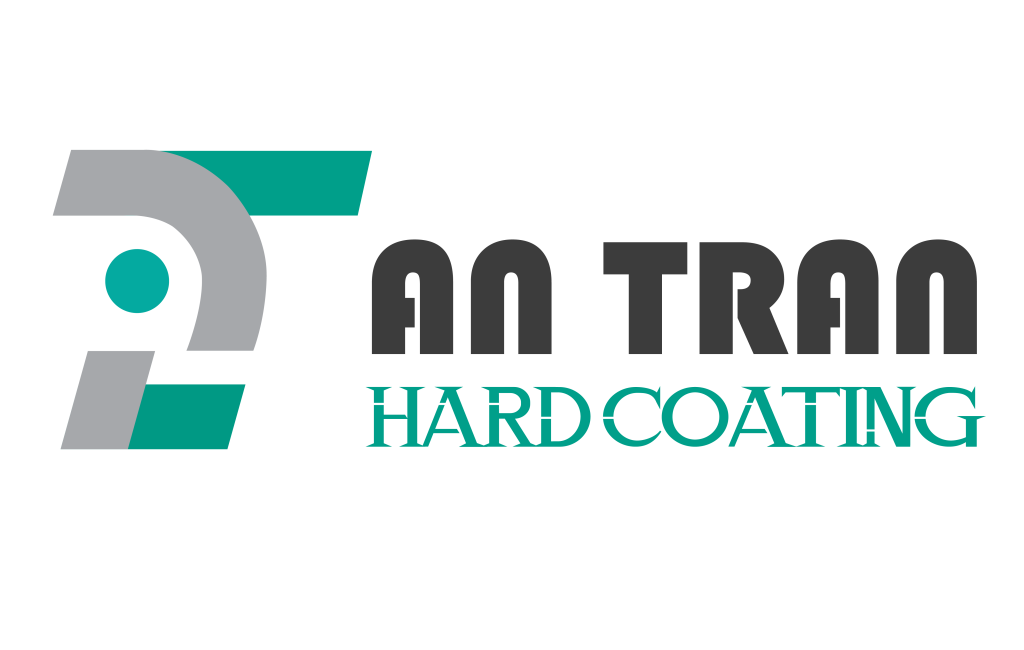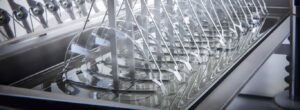Blogs
Unveiling the secrets of hard coatings
1. Overview of hard coatings
What are hard hoatings?
Hard coatings are thin layers deposited on the surface of materials to enhance their hardness, durability, and scratch resistance. These hard coatings are typically composed of materials like silica, aluminum, or synthetic diamonds.
Types of hard coatings
Two main categories of hard coatings exist:
– Inorganic Hard Coatings: These hard coatings are fabricated from inorganic materials like silica, aluminum, or titanium. Inorganic hard coatings generally exhibit superior hardness and durability compared to their organic counterparts.
– Organic Hard Coatings: These hard coatings are derived from organic materials such as acrylic resins or polyurethanes. Organic hard coatings typically possess greater flexibility and ease of application compared to inorganic hard coatings.
2. Applications of hard coatings

Hard coatings have a wide range of applications in various industries, including:
Hard coatings for ophthalmic lenses and polycarbonate lenses
– Ophthalmic lenses, polycarbonate lenses, helmet visors, swimming goggles, safety glasses: Protect glasses from scratches, impact, UV rays, water and dirt, and are easy to clean.
– Helmets: Increase the hardness and durability of helmets, and protect users from impacts and scratches.
– Electronic display screens: Enhance scratch resistance, reduce glare, and improve image clarity – Watches: Protect watch faces from scratches, impacts, and chemicals.
– Smartphones: Enhance scratch protection for mobile phone displays and enclosures.
Hard coatings for metals
– Cutting Tools and Utensils: Enhance hardness, sharpness, and lifespan of knives, tools, and implements.
– Firearms: Protect firearms from scratches, corrosion, and surface damage.
– Jewelry: Shield jewelry from scratches, tarnishing, and fading.
– Machinery components: Resist wear and tear, reduce friction, and extend the lifespan of machine parts.
Hard coatings for other materials
– Ceramics: Enhance scratch resistance, prevent cracking, and facilitate easy cleaning.
– Wood: Protect wood from scratches, water damage, and the harmful effects of UV rays.
– Textiles: Impart water repellency, prevent dust accumulation, and enable easy washing.
Additional Applications of Hard Coatings:
– Non-Stick Coatings: Applied to cookware, pots, and cooking utensils to prevent food from sticking.
– Anti-Graffiti Coatings: Protect walls and other surfaces from graffiti and vandalism.
– Sound Dampening Coatings: Reduce noise levels in machinery, equipment, and vehicles.
3.Hard coating deposition methods
Hard coatings can be applied to material surfaces using various methods to enhance their durability, lifespan, and performance.
Hard coating deposition method by spraying
This is the most common method, utilizing a spray gun to deposit the coating onto the material surface.
Hard coating deposition method by dipping
In this method, the material is immersed in a coating solution and then allowed to dry.
Hard coating deposition method by brushing
This method employs a brush or roller to apply the coating onto the material surface.
Hard coating deposition method by furnace curing
In this method, the coated material is cured in a furnace at elevated temperatures to enhance coating adhesion.



